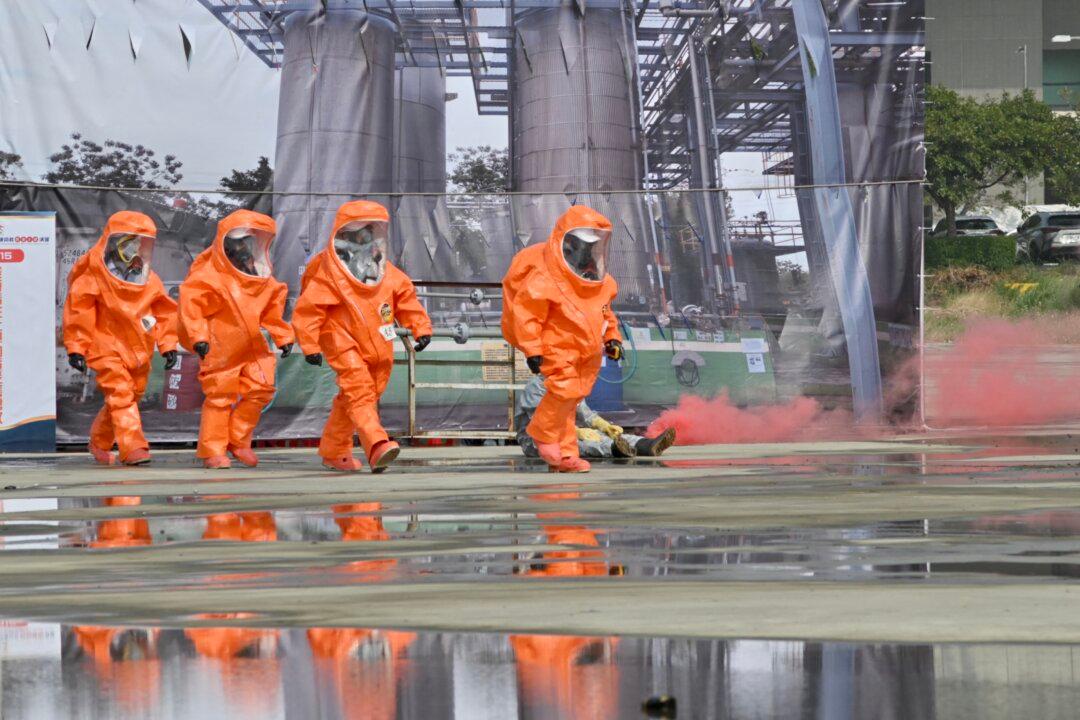Taiwan plans to preserve its idle nuclear power plants in order to ensure their readiness for reactivation in case of an emergency, including a potential naval blockade by China, a lawmaker said on May 28.
Vice President Lai Ching-te was responding to a question posed during the National Taiwan University forum about how the self-ruled island would react if cross-strait tensions obstructed its natural gas imports, Taiwan News reported.





